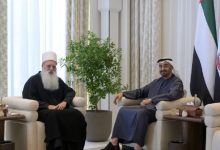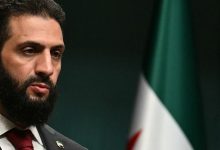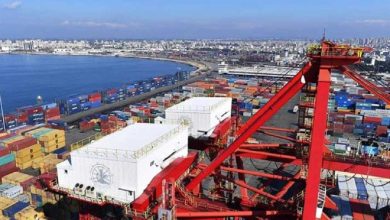OPEC on the Brink: UAE Challenges Saudi Leadership in Oil Alliance
A silent power struggle is unfolding within OPEC, as the UAE pushes production boundaries, threatens cohesion, and positions itself as a rival to Saudi dominance in global energy markets.

Watan-Since its founding more than six decades ago, the Organization of the Petroleum Exporting Countries (OPEC) has relied on Saudi Arabia as its backbone and stabilizer. But in recent years, particularly with the rise of the UAE’s sweeping ambitions, Abu Dhabi has increasingly behaved like a rule-breaking power within the cartel, seeking to undermine Riyadh’s leadership—perhaps even to dismantle it from within.
On May 31, 2025, OPEC+ announced a production increase of 411,000 barrels per day for July, marking the third consecutive monthly hike. But behind this technical announcement lies a deepening crisis that may threaten the organization’s unity, quietly but persistently driven by the UAE.
UAE: The Rebellious Member in a Cloak of Discipline
As OPEC faces growing pressure from the forecasted peak in global oil demand, Abu Dhabi appears to be preparing to jump ship before it hits the iceberg.
The UAE—OPEC’s third-largest exporter—has long acted like a defiant member receiving exceptional treatment. While officially claiming compliance with its quota of 2.9 million barrels per day, tanker tracking data suggests that exports alone approach 2.8 million, excluding domestic refining and storage.
Multiple market sources and even the International Energy Agency (IEA) estimate that the UAE may actually be producing over 3.4 million barrels daily—about half a million barrels over its official quota.
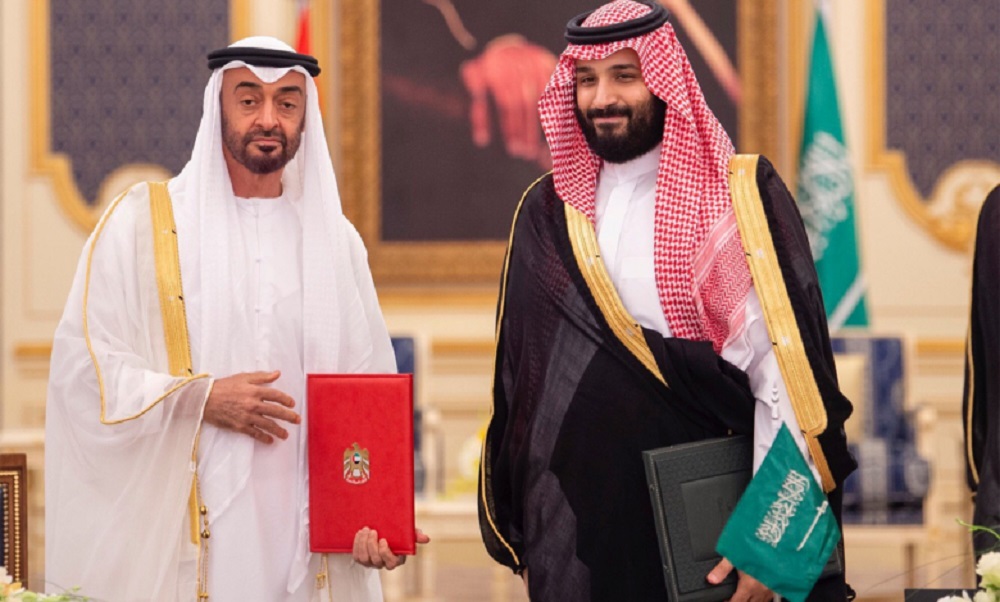
Dual Accounting and Quiet Collusion
What’s remarkable is that this overproduction occurs under a veil of unspoken complicity. Consulting firms used by OPEC for production estimates—most of them profit-driven—maintain client relationships with both Saudi Aramco and Abu Dhabi’s ADNOC.
Meanwhile, journalists fear losing access to information, preventing public exposure. In this opaque environment, the UAE appears to be writing its own rules and imposing them on others, leveraging the remaining coherence of OPEC to pursue narrow national goals.
Why Is Saudi Arabia Staying Silent?
Why hasn’t Riyadh confronted Abu Dhabi publicly? The answer lies in the fragile internal balance within OPEC. Saudi Arabia fears that direct confrontation could lead the UAE to withdraw from the group—a threat Abu Dhabi already made in 2021.
Knowing that the UAE’s spare capacity serves as constant leverage, the Saudis are opting for cold, tactical management of the crisis—hoping to avoid open rupture.
Yet this caution gives Abu Dhabi more room to maneuver, allowing it to position itself as a peer or even alternative to Riyadh in global oil politics. If this dynamic continues, OPEC’s current structure may not survive.
Abu Dhabi’s Agenda: Beyond Oil
What’s more concerning is that the UAE’s actions inside OPEC are not just economic—they reflect a larger political strategy to challenge Saudi leadership regionally and globally.
From expanding influence in Africa under the guise of aid, to infiltrating U.S. policymaking circles, to massive investments in AI and green energy, Abu Dhabi is pursuing a parallel strategy aimed at becoming the Gulf’s dominant player—even if that means destabilizing the Gulf and Arab order.
In oil policy, the UAE prefers lower prices and market share gains, since it only needs $50 per barrel to balance its budget, while Saudi Arabia needs about $90 due to its heavy spending on NEOM and mega real estate projects.
This divergence in fiscal strategy is leading to diverging policies within OPEC—and potentially, to escalation.
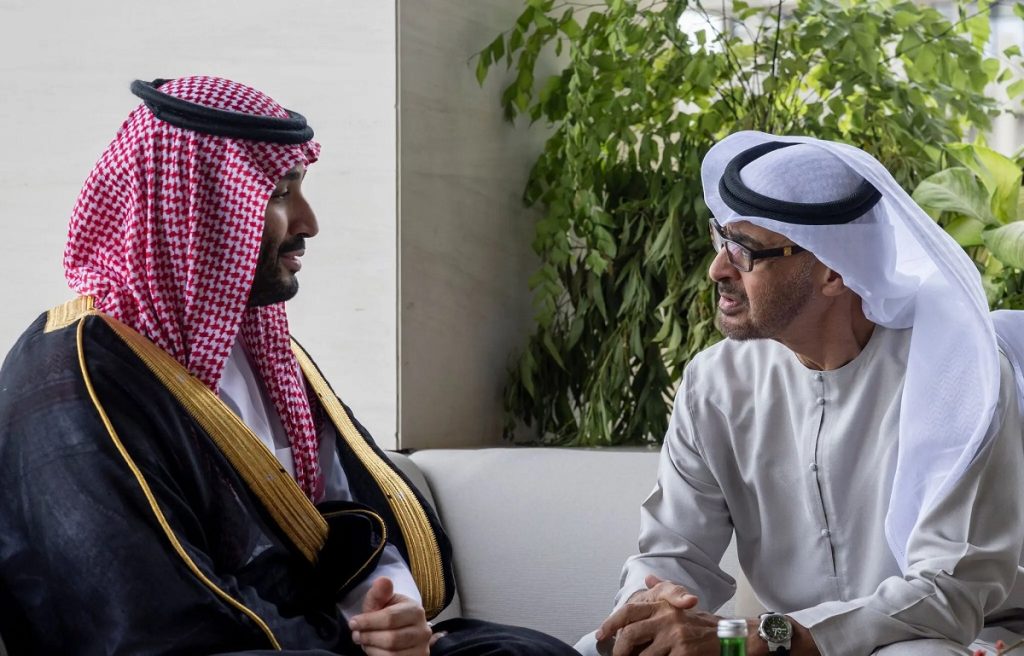
Delayed Explosion or Imminent Exit?
With disputes over quotas piling up, and Abu Dhabi refusing to cap production despite investing $62 billion in new capacity, its exit from OPEC is becoming increasingly plausible.
If it happens, it won’t just be a technical shift—it will be a political earthquake that could fracture the oil cartel and pave the way for new alliances beyond its framework.
Some analysts believe the UAE is deliberately pushing OPEC to the edge, to force a complete rebalancing of production quotas, or to prepare for a new bloc built on different principles. In either case, the endgame is breaking Saudi dominance and redrawing the global oil influence map.
An Unavoidable Confrontation
The rift between Saudi Arabia and the UAE is no longer about technical disagreements on oil quotas. It represents a broader power struggle over leadership and dominance.
If Abu Dhabi continues on this path, it will not only shatter OPEC’s cohesion, but also threaten the regional arrangements that have stabilized energy markets for decades.
Riyadh must recognize that silence is no longer an option—and that a decisive confrontation with its “rebellious partner” is not a matter of choice, but of time.

